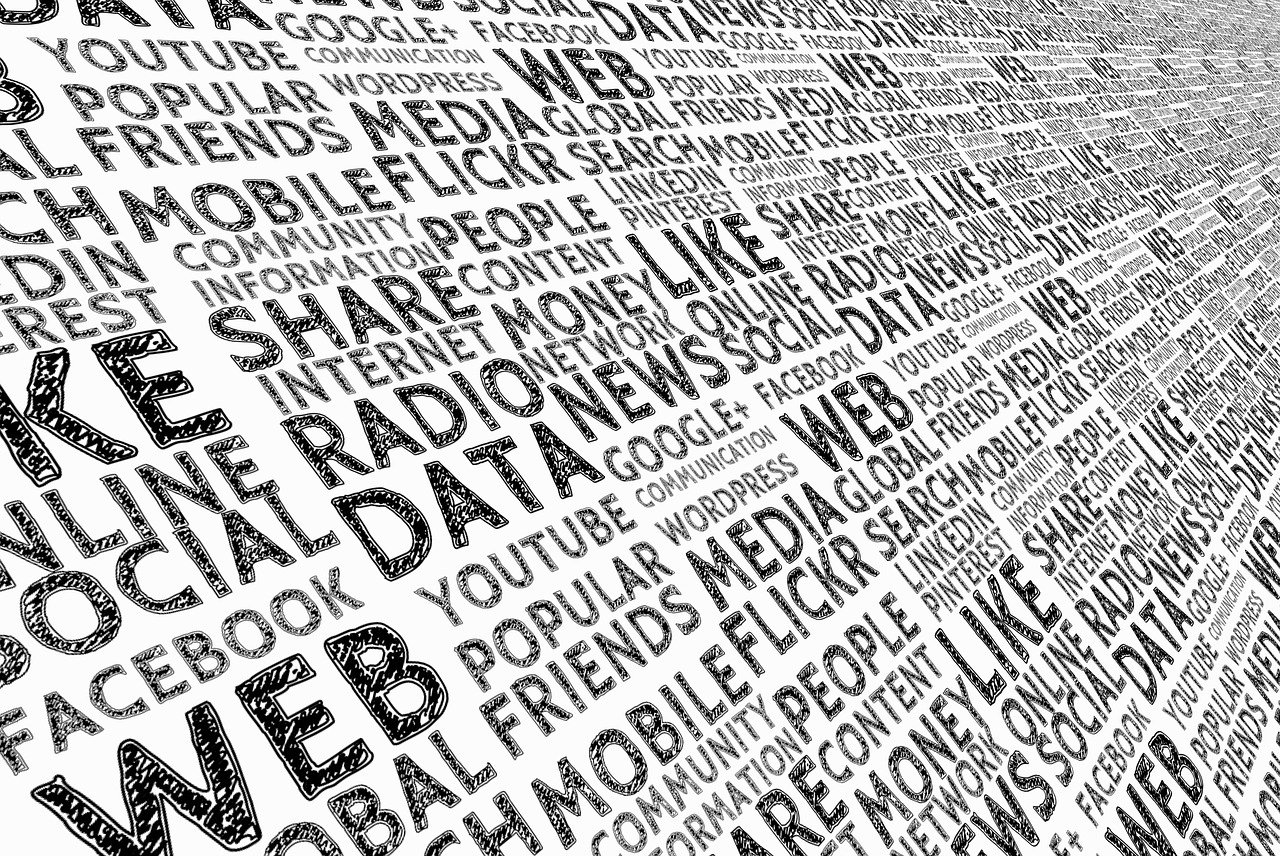Legal Challenges in the Age of Social Media: Defamation, Privacy, and Free Speech
Legal Challenges in the Age of Social Media: Social media has revolutionized the way we communicate, share information, and express ourselves. While it has provided numerous benefits, it has also given rise to various legal challenges that impact individuals, businesses, and governments worldwide. This article delves into the intricacies of these challenges, focusing on three critical aspects: defamation, privacy, and free speech. We will explore their implications, how they intertwine with the digital realm, and the complexities they present for the legal landscape.
Defamation, Privacy, and Free Speech
Social media platforms have become a breeding ground for defamation, where individuals can make false statements that harm others’ reputations. The viral nature of social media amplifies such claims, causing substantial damage to the victims. The consequences of defamation can be severe, impacting personal relationships, career prospects, and mental well-being. Moreover, it raises the question of responsibility, as social media platforms act as intermediaries between users and the content they share.
The Intersection of Defamation and Social Media
Defamation cases involving social media often blur the lines between free speech and harmful content. LSI Keyword: Legal issues with social media defamation cases. The challenge lies in determining whether the content qualifies as a legitimate opinion or crosses the boundary into defamatory territory.
Establishing Defamation on Social Media
Proving defamation in the digital realm is more intricate than in traditional media. LSI Keyword: Social media defamation elements. Courts must consider the context, reach, and intent behind the content. This is further complicated by the global nature of social media, where laws vary across jurisdictions.
Combating Defamation: Role of Social Media Platforms
Social media platforms play a pivotal role in tackling defamation. LSI Keyword: Social media platforms’ responsibility in defamation cases. They must strike a balance between free speech and preventing abuse of their platforms. Implementing robust content moderation policies becomes essential in safeguarding users from harmful content.
Privacy Concerns in the Digital Age
The proliferation of social media has led to significant privacy concerns. Users share vast amounts of personal information, often without realizing its potential consequences. This raises concerns about data security, unauthorized access, and potential misuse of personal information.
Privacy Violations on Social Media
LSI Keyword: Legal implications of privacy violations on social media. Cases of data breaches, hacking, and unauthorized access to personal information are becoming increasingly common. Privacy violations can lead to identity theft, financial loss, and emotional distress.
Social Media and Data Collection
LSI Keyword: Legal aspects of data collection on social media. Social media platforms gather extensive user data, which raises questions about informed consent and user control over their information. Balancing data collection for targeted advertising with user privacy becomes a delicate task.
The Role of Legislation in Protecting Privacy
LSI Keyword: Importance of legislation in safeguarding social media users’ privacy. Governments worldwide are enacting new privacy laws to address the challenges posed by social media. The General Data Protection Regulation (GDPR) in Europe is a notable example of efforts to protect user privacy.
Navigating the Boundaries of Free Speech
The digital realm has expanded the scope of free speech, enabling individuals to express their thoughts and opinions more openly. However, it also challenges the traditional understanding of free speech and raises questions about its limits.
Free Speech and Hate Speech
LSI Keyword: Legal perspective on free speech vs. hate speech on social media. Social media platforms must distinguish between free speech and hate speech to curb online harassment and discrimination.
Moderating Content: Striking a Balance
LSI Keyword: Social media platforms’ content moderation and free speech. Social media platforms face the challenge of moderating content without suppressing legitimate free speech. Striking the right balance is crucial to fostering healthy online conversations.
Global Perspectives on Free Speech
LSI Keyword: Different cultural views on free speech in the digital age. Free speech standards vary significantly across different countries and cultures, leading to complexities in applying a universal approach to social media platforms.
FAQs
- What is the statute of limitations for defamation cases on social media?
- The statute of limitations varies by jurisdiction and may range from one to several years. It’s crucial to consult a legal expert to determine the specific time frame applicable to your case.
- Can social media platforms be held liable for defamatory content posted by users?
- In certain circumstances, social media platforms may be held liable for defamatory content if they fail to promptly remove it after being notified. However, the laws governing platform liability vary between countries.
- How can individuals protect their privacy on social media?
- To protect their privacy, individuals should review and adjust their privacy settings regularly, limit the information they share publicly, and be cautious about accepting friend requests from unknown individuals.
- Can businesses collect customer data from social media without consent?
- Businesses must obtain explicit consent from customers before collecting and using their data. Failing to do so may lead to legal repercussions under data protection laws.
- Does freedom of speech on social media have any limitations?
- Yes, freedom of speech on social media is not absolute. It does not protect speech that incites violence, promotes hatred, or constitutes harassment.
- What can governments do to address privacy concerns on social media?
- Governments can implement and enforce data protection laws, encourage transparency and accountability from social media platforms, and provide educational resources to help users protect their privacy.
Conclusion
The age of social media presents exciting opportunities for communication and expression, but it also brings forth complex legal challenges. Defamation, privacy violations, and free speech concerns demand careful consideration and proactive measures from individuals, businesses, and governments alike. Navigating the legal landscape in the digital age requires striking the right balance between innovation and protection, ensuring that social media remains a powerful force for positive change while safeguarding the rights and well-being of users.


